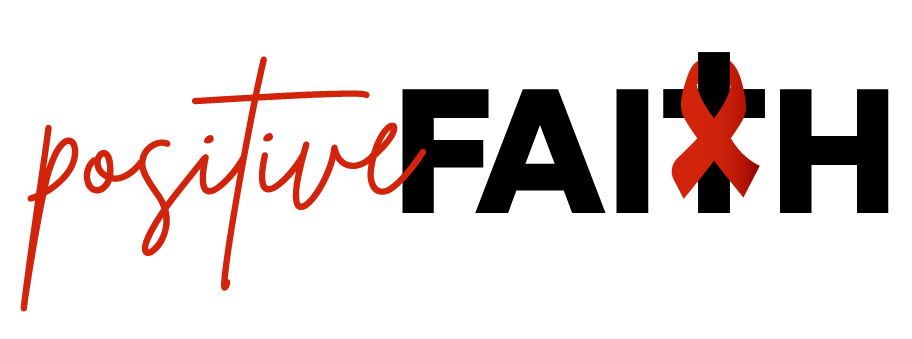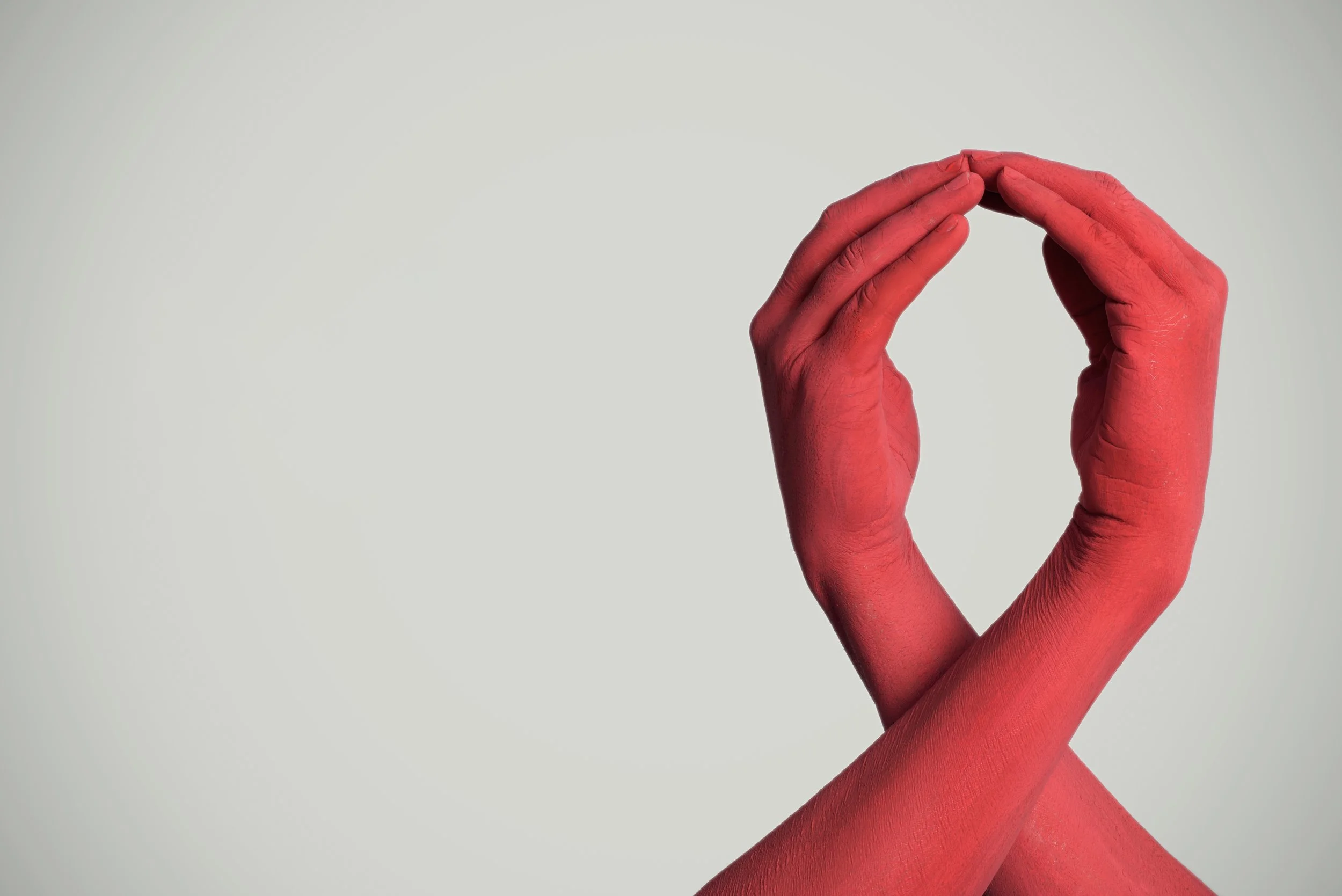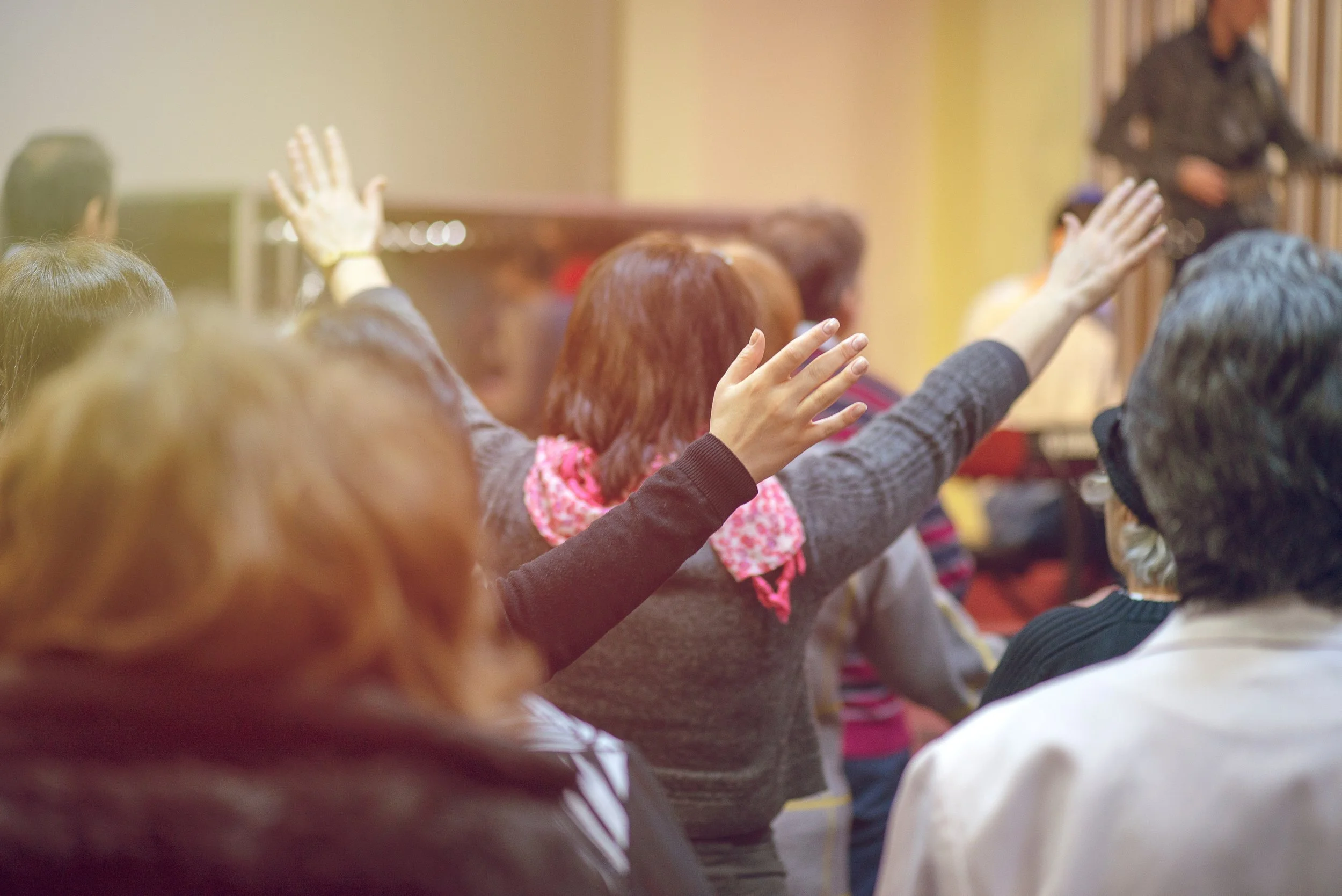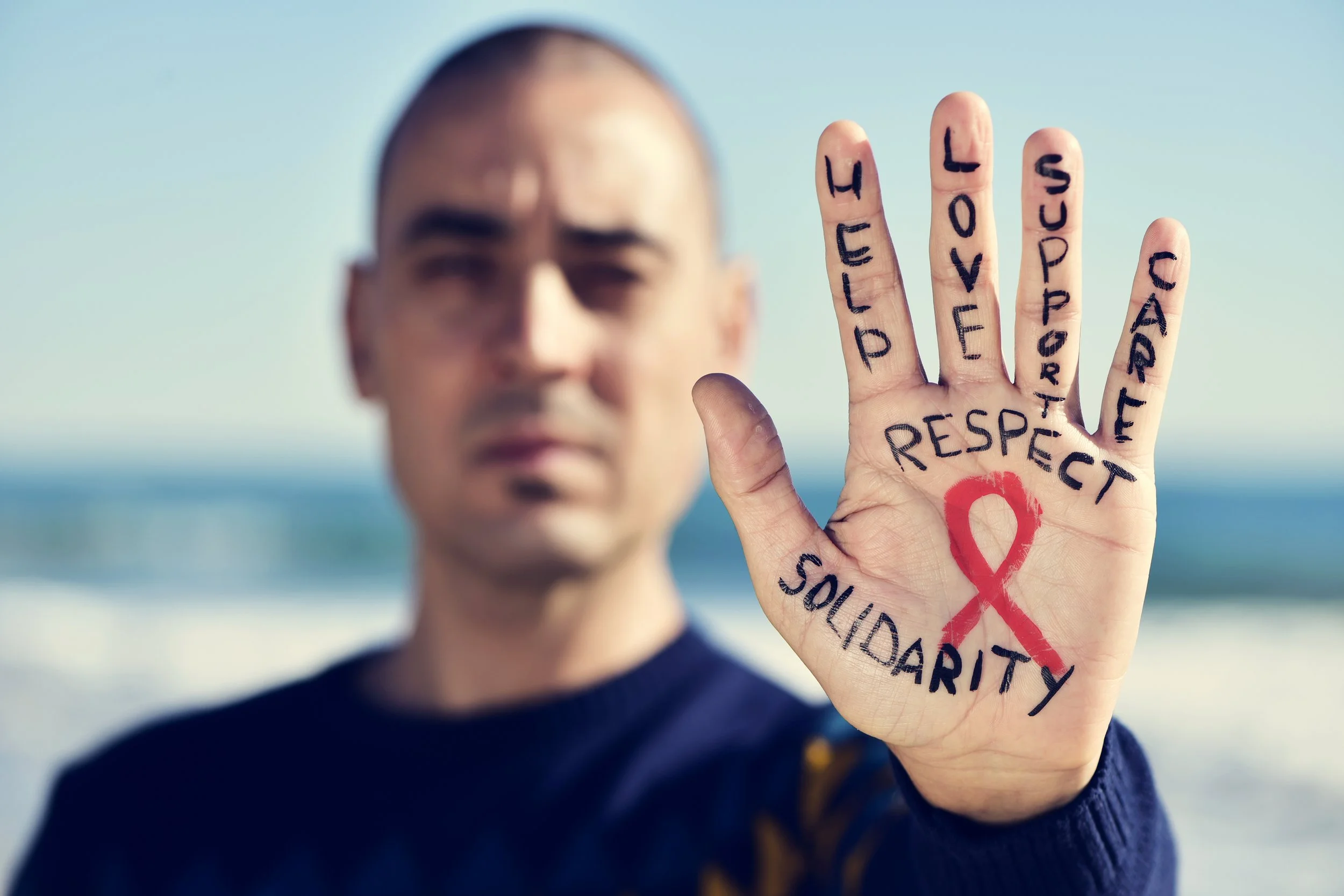PositiveFaith Online World AIDS Day Services
As we prepare for our third online World AIDS Day service, it is pertinent to look back at our first two services and to thank all those who have participated, whether speaking from the heart, leading liturgy or prayer, or listening in quiet contemplation, live or at any time since the first broadcast.
A life of Humble Service?
Our members, like many people around the world were touched by the death of Queen Elizabeth in September this year. For some the loss felt is very personal. The occasion is also a reminder of the love and loss we feel for our family members or partners who have died.
How my HIV Diagnosis Brought me Closer to God
My name is Tanya and I would like to share my journey of living with HIV and how the strength of my faith and support from the Positive Faith Ministry has largely contributed to the person I am.
HIV Status: Plagued by Prejudice & Stigma
The Church Times writes an article about HIV status: Plagued by prejudice and stigma, in which Positive Faith is highlighted and our members are quoted.
Feeling Really Alive!
I had worked for the past two years on board cruise ships as a therapist when I fell very ill. I was medically disembarked. My HIV antibodies test came up ‘positive’. I nearly crumbled when I received the diagnosis.
2021 Virtual Service for World AIDS Day
HIV affects the poorest people in our society disproportionately, many live on welfare benefits, are refugees, in debt and in housing need. Despite medical advances many still suffer with debilitating sickness and die at a younger age than in the general population. They are often isolated and alone, despised by others because stigma and prejudice persist, and sadly, they are generally overlooked in our churches.
God Takes the Side of the Poor. Never Forget That!
HIV affects the poorest people in our society disproportionately, many live on welfare benefits, are refugees, in debt and in housing need. Despite medical advances many still suffer with debilitating sickness and die at a younger age than in the general population. They are often isolated and alone, despised by others because stigma and prejudice persist, and sadly, they are generally overlooked in our churches.
Good News, Faith & Empowerment
HIV affects the poorest people in our society disproportionately, many live on welfare benefits, are refugees, in debt and in housing need. Despite medical advances many still suffer with debilitating sickness and die at a younger age than in the general population. They are often isolated and alone, despised by others because stigma and prejudice persist, and sadly, they are generally overlooked in our churches.
Book Review: Hidden Mercy: AIDS, Catholics, and the Untold Stories of Compassion in the Face of Fear
HIV affects the poorest people in our society disproportionately, many live on welfare benefits, are refugees, in debt and in housing need. Despite medical advances many still suffer with debilitating sickness and die at a younger age than in the general population. They are often isolated and alone, despised by others because stigma and prejudice persist, and sadly, they are generally overlooked in our churches.
Peer Support Groups Continue & Actual Group Meetings Restart
HIV affects the poorest people in our society disproportionately, many live on welfare benefits, are refugees, in debt and in housing need. Despite medical advances many still suffer with debilitating sickness and die at a younger age than in the general population. They are often isolated and alone, despised by others because stigma and prejudice persist, and sadly, they are generally overlooked in our churches.
CAPS Covid Briefing to Address Vaccine Hesitancy Amongst PLWH
HIV affects the poorest people in our society disproportionately, many live on welfare benefits, are refugees, in debt and in housing need. Despite medical advances many still suffer with debilitating sickness and die at a younger age than in the general population. They are often isolated and alone, despised by others because stigma and prejudice persist, and sadly, they are generally overlooked in our churches.
Understand the Role of a new Pastoral Support Worker
HIV affects the poorest people in our society disproportionately, many live on welfare benefits, are refugees, in debt and in housing need. Despite medical advances many still suffer with debilitating sickness and die at a younger age than in the general population. They are often isolated and alone, despised by others because stigma and prejudice persist, and sadly, they are generally overlooked in our churches.
From CAPS to PositiveFaith: Rebranding for Inclusion
Faith is a universal human experience that transcends culture, nationality, and language, and even religion. For some time, while we are very comfortable of course with our Catholic roots and Passionist theology, we have been asking ourselves whether the name CAPS (or Catholics for AIDS Prevention & Support) was serving us and the people we support in the best possible way.
Can you drink the cup that I will drink?
We are here because we have sisters and brothers everywhere, especially in sub-Saharan Africa, who are threatened with grave illness, or who are already sick unto death. Lives are disrupted; families are devastated; and ordinary hopes are challenged in every way. Despite some significant progress in the struggle against the dread HIV infection, it continues to outrun us.
Manning, V., 2011. ‘Julian of Norwich and a pastoral approach to HIV/AIDS’. Pastoral Review, vol. 7 issue 6, pp. 36-42.
I have been involved in different pastoral responses to HIV/Aids since the late 1980s, and can easily see parallels between Julian’s time and our own, particularly when recalling the first two decades of the AIDS pandemic. In the richer nations, new treatments have relieved most of us of the imminent sense of panic in the face of death that attended HIV/Aids during those first disease ridden years. Yet HIV remains an issue in the UK today.
Joy of the Gospel is also for people affected by AIDS in the UK
HIV affects the poorest people in our society disproportionately, many live on welfare benefits, are refugees, in debt and in housing need. Despite medical advances many still suffer with debilitating sickness and die at a younger age than in the general population. They are often isolated and alone, despised by others because stigma and prejudice persist, and sadly, they are generally overlooked in our churches.
Space to enable people to be healed from the stigma of HIV
They described how they felt that HIV was a taboo subject, not to be spoken of, in their churches. Many explained that within the congregation several people were, like them, living with HIV - they would see each other at the HIV clinic. However, this was never acknowledged between them, nor spoken of within the congregation, nor by their priests or pastors. Still today, silence around issues of HIV is the norm in most churches.





















